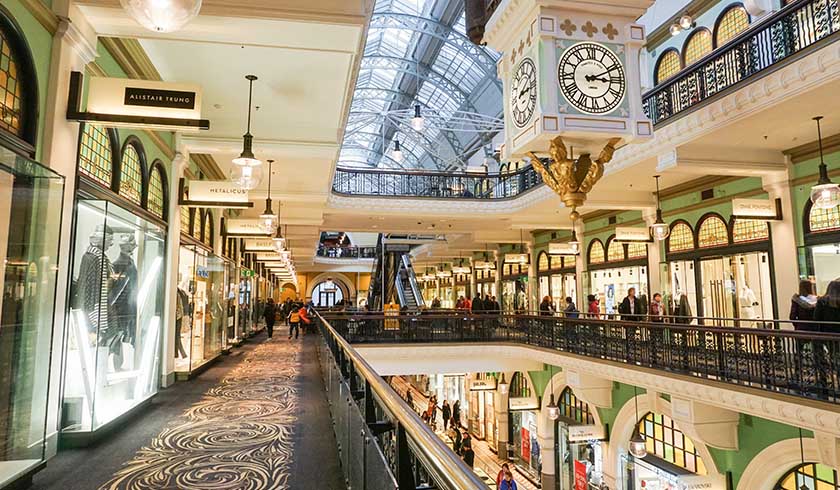Shopping mall values shrink considerably as COVID-19 bites

Vicinity Centres has revealed a new valuation decline of 4 per cent, equal to $570 million for the six-month period to 31 December, for its 60 directly-owned retail properties, as a direct result of the COVID-19 pandemic.
"COVID-19 impacted the global economy materially in 2020, the effects of which continue to be felt into 2021, and this in large part has resulted in Vicinity's December 2020 valuations softening 4 per cent," said chief executive Grant Kelley.
According to Vicinity’s documents, its CBD-based assets were hardest hit with an 8.6 per cent drop in value over the six-month period.
“Our CBD centres in Brisbane, Sydney and Melbourne continued to be impacted by the current low levels of tourism and office occupancy,” Mr Kelley said, noting that visitation and retail trade has picked across the company’s Victorian assets following the lifting of stage 4 restrictions.
Moreover, Vicinity's neighbourhood shopping centres and its DFO factory outlets proved most resilient during the COVID-19 disruption, despite absorbing valuation declines.
However, Vicinity remains confident in its future. According to ASX filing, it is currently reporting upped customer activity outside of CBD locations, with centre visitations averaging 88.4 per cent of the prior year in December.
“While we remain cautious on the impact of potential future outbreaks of COVID-19 on retail trade and the challenges of the evolving retail environment, we are encouraged by a number of factors,” said Mr Kelley.
“Australia has been highly successful in containing COVID-19 outbreaks, which puts our economy in a relatively strong position globally. Australians have also shown that they are excited to return to their favourite retail destinations, with customer visitation bouncing back strongly over the Black Friday and Christmas periods.”
Mr Kelley is confident the vaccine rollout will further boost economic activity, driving a speedy recovery.
A recent JP Morgan Asset Management report revealed that retail will live on post-pandemic, albeit transformed.
“We see significant opportunity for operators that can reimagine and develop spaces in line with emerging retail models – models driven not by consumers’ pandemic-constrained behaviour but by how people prefer to procure items, from groceries to big-ticket luxury purchases, in a more normal environment,” the report stated.
“The showroom aspect of retailing is expected to thrive as digitally native brands compete to establish their images and reach customers.”

